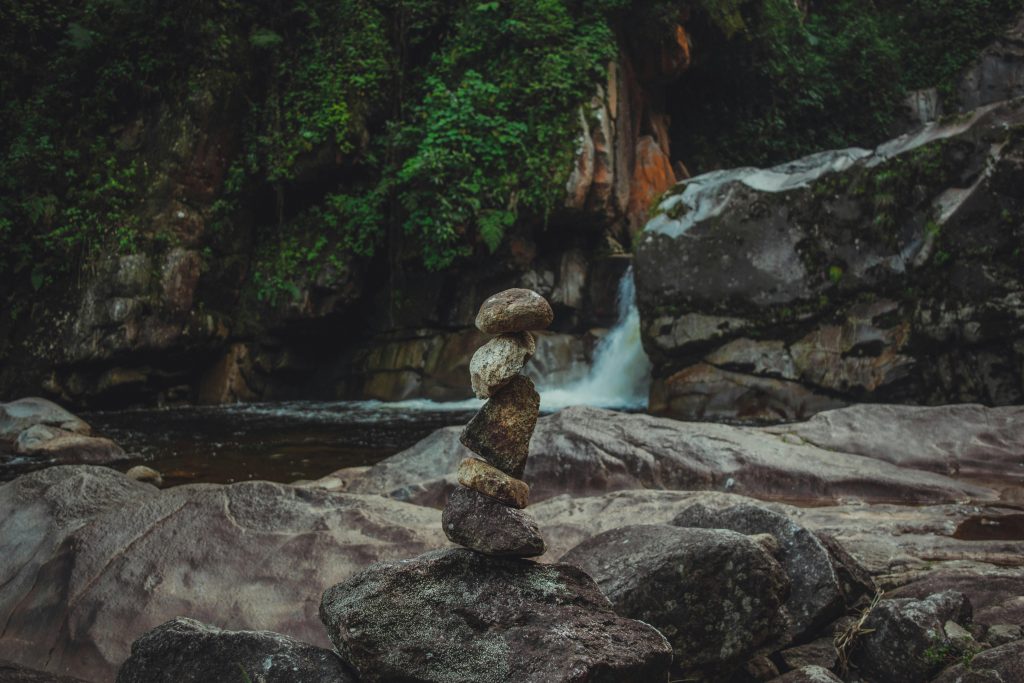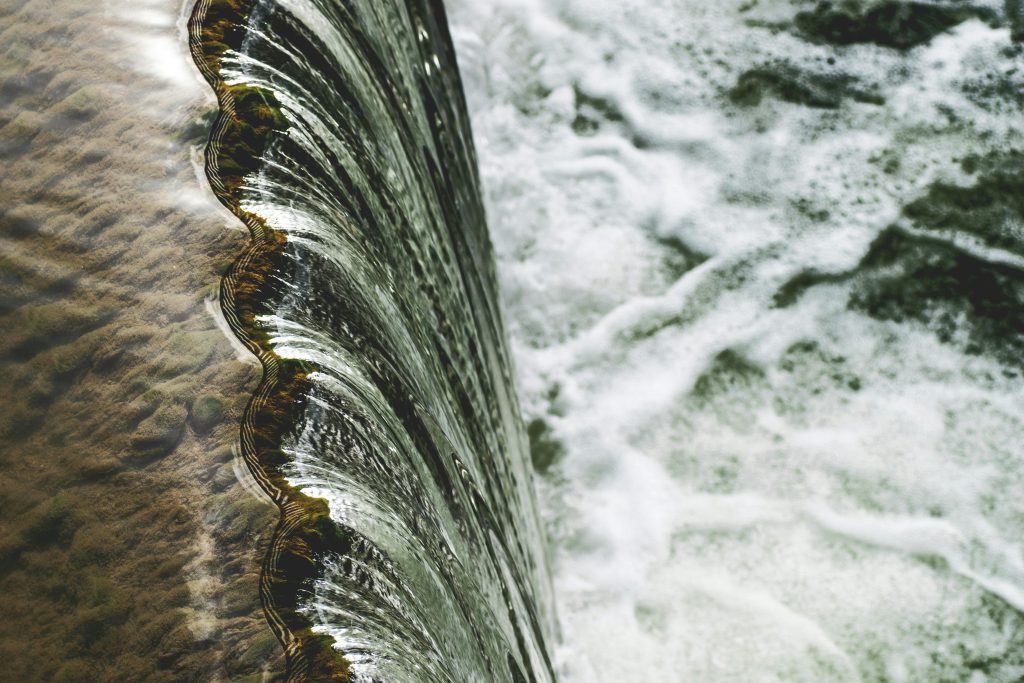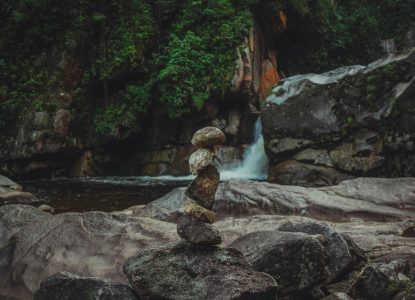By JoAnne Wadsworth, Communications Consultant, G20 Interfaith Forum
— —
On November 1, 2024, the G20 Interfaith Forum, in collaboration with the International Academy for Multicultural Cooperation and the Seventh Generation Fund for Indigenous Peoples, hosted a webinar examining the historic removal of four dams on the Klamath River—the largest dam removal project in U.S. history. This landmark achievement represents a crucial victory for Indigenous peoples and environmental justice.
The webinar featured Christopher Peters (Puhlik-lah/Karuk) as moderator and president of the Seventh Generation Fund, along with panelists Annelia Hillman, a Yurok artist and language teacher, and Frankie Myers, Vice Chairman of the Yurok Tribe. Both speakers were key players in the Klamath River Justice Coalition and instrumental in achieving the dam removal.
Opening Context: Christopher Peters
Christopher Peters provided essential background on the historical and cultural significance of the Klamath River to Indigenous peoples. He emphasized how the river has sustained Native communities since time immemorial, with elaborate ceremonies and traditional practices maintaining the ecosystem’s balance for countless generations.
Peters highlighted the monumental scale of the dam removal project, which will restore approximately 400 miles of habitat for salmon, steelhead, and other species. This restoration represents not just environmental recovery but the revitalization of Indigenous cultural practices and food sovereignty.
“We do these ceremonies to heal and relieve the Earth. Throughout time and throughout history, we have maintained adequate sustainability within the ecosystem.”

Annelia Hillman: Restoration and Cultural Renewal
Annelia Hillman described the transformative impact of the dam removal on both the ecosystem and Indigenous communities. She detailed how the river’s restoration has already shown remarkable signs of recovery, with salmon returning to spawn above the former dam sites within the first year.
Hillman also emphasized the broader context of cultural revitalization, including the restoration of traditional land management practices, cultural burning, and food sovereignty initiatives. She highlighted the importance of addressing ongoing challenges, including water extraction and industrial farming impacts.
“This is a very special, beautiful moment in this journey of healing for the Klamath River and its peoples. … You can feel the energy all along, not only from the water and species around it but also from the people.”
Frankie Myers: Building Coalition and Creating Change
Frankie Myers shared insights into the 20-year campaign to remove the dams, emphasizing how the 2002 fish kill that resulted in up to 150,000 dead salmon catalyzed Indigenous communities to unite and take action. He detailed the importance of traditional ecological knowledge in guiding the restoration effort.
 .
.
Myers emphasized that the success of the dam removal campaign came from grassroots organizing and the persistence of tribal people who refused to take no for an answer. He highlighted how the movement started from a place of spirituality and connection to the river, maintaining these core values throughout the campaign.
“We became phenomenal at failure. We tried every single possible way to do this and failed at all of them until we found the path, the one way that would work. Nothing but honor and respect to the tribal people who really did make it happen.”
Q&A Highlights
Key discussion points included:
- The elimination of toxic blue-green algae blooms following dam removal
- Plans for phasing out fish hatcheries over eight years
- Concerns about proposed offshore wind energy projects
- Indigenous food sovereignty initiatives
- Land Back movement progress
Key Points
- Largest dam removal project in U.S. history, restoring 400 miles of river habitat
- Immediate positive environmental impacts, including salmon returning to spawn
- Integration of traditional ecological knowledge in restoration efforts
- Importance of Indigenous-led movements for environmental justice
- Ongoing challenges including water rights and industrial development
— —
JoAnne Wadsworth is a Communications Consultant for the G20 Interfaith Forum Association and Editor of the Viewpoints Blog.


